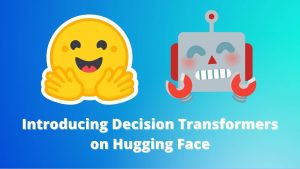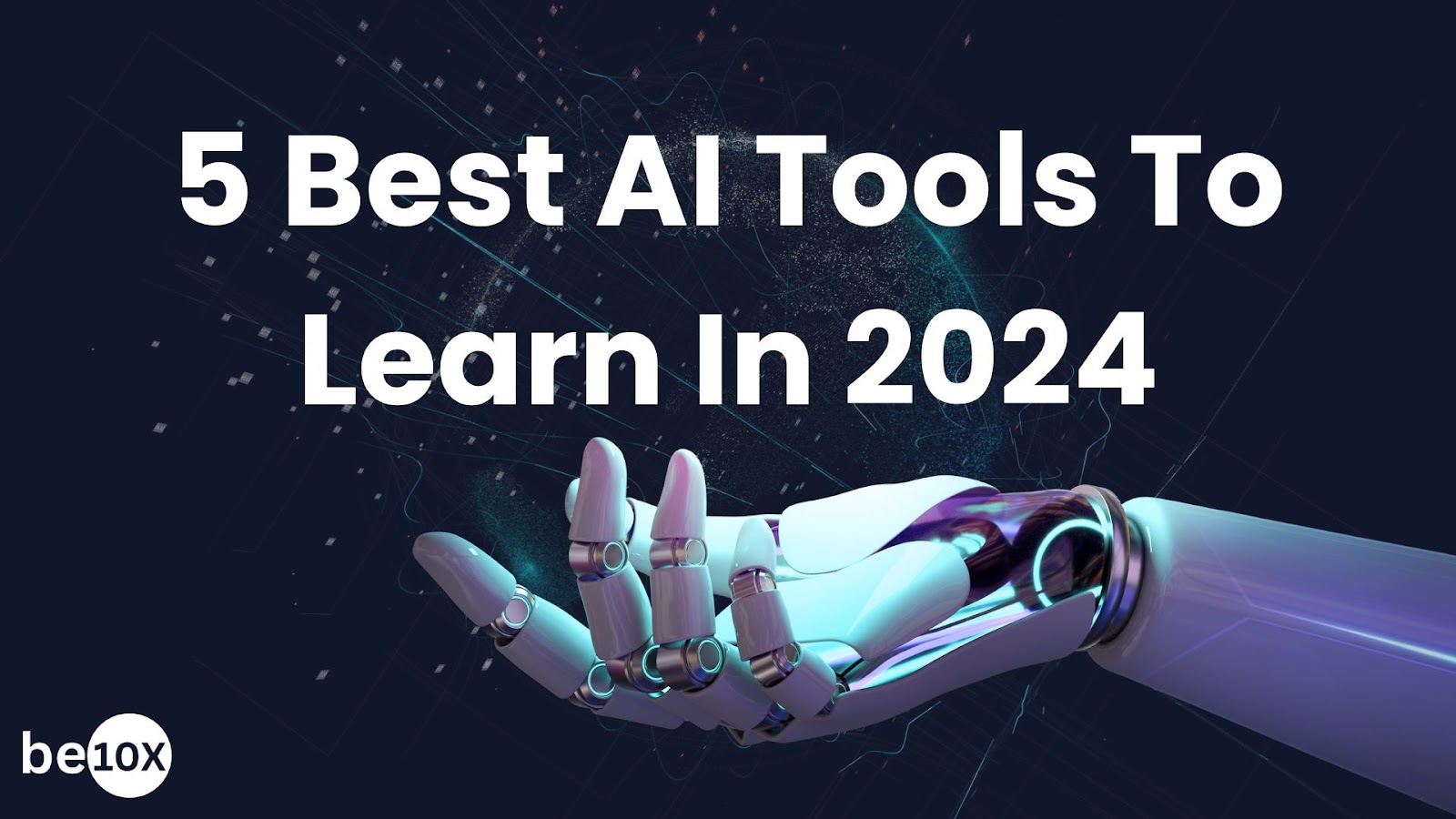In the rapidly evolving landscape of technology, Artificial Intelligence (AI) has emerged as a game-changer, revolutionizing the way we work and live. As we step into 2024, the availability of free AI tools continues to grow, offering individuals and businesses the opportunity to harness the power of AI without breaking the bank. In this blog post, we will explore five cutting-edge AI tools that are not only powerful but also completely free, empowering you to unlock new possibilities in your endeavors.
Table of Content:
- TensorFlow
- Jupyter Notebooks
- IBM Watson Studio
- Hugging Face Transformers
- OpenCV ( Open Source Computer Vision Library)
- Conclusion
TensorFlow:

TensorFlow, an open-source machine learning library developed by the Google Brain team, stands as a cornerstone in the world of AI. It provides comprehensive support for deep learning models and is widely used for tasks such as image and speech recognition, natural language processing, and more. As of 2024, TensorFlow has evolved with regular updates and improvements, ensuring it remains at the forefront of AI development.
Key Features:
- High flexibility and scalability for building custom machine learning models.
- Extensive community support and a wealth of resources, including tutorials and documentation.
- Compatibility with a variety of platforms, making it versatile for different projects.
Whether you’re a seasoned machine learning engineer or a novice exploring the world of AI, TensorFlow’s free and open-source nature makes it an invaluable tool for your projects.
Jupyter Notebooks:
 Jupyter Notebooks have become a staple in the toolkit of data scientists and AI enthusiasts. Jupyter Notebooks support various programming languages, including Python, R, and Julia, making them a versatile choice for AI development.
Jupyter Notebooks have become a staple in the toolkit of data scientists and AI enthusiasts. Jupyter Notebooks support various programming languages, including Python, R, and Julia, making them a versatile choice for AI development.
Key Features:
- Interactive and user-friendly interface for code development and experimentation.
- Support for LaTeX, allowing the inclusion of mathematical notations.
Whether you’re working on data analysis, machine learning, or scientific research, Jupyter Notebooks provide a collaborative and dynamic environment to bring your ideas to life.
IBM Watson Studio:

IBM Watson Studio, part of IBM’s cloud-based AI platform, empowers individuals and businesses to streamline the end-to-end AI lifecycle. While IBM Watson Studio offers premium features, its free tier provides ample capabilities for small-scale projects and learning purposes. This tool simplifies the process of building, training, and deploying AI models, making it accessible to a broader audience.
Key Features:
- Integration with popular AI frameworks like TensorFlow and PyTorch.
- Collaboration features, enabling teams to work on AI projects collectively.
Whether you’re a solo developer or part of a team, IBM Watson Studio’s free tier offers a robust platform to kickstart your AI initiatives.
Hugging Face Transformers:

Hugging Face Transformers is a library that provides pre-trained models and a collection of tools for working with state-of-the-art natural language processing (NLP) models. NLP is a crucial component of many AI applications, including chatbots, language translation, and sentiment analysis. With Hugging Face Transformers, you can leverage pre-trained models to accelerate your NLP projects.
Key Features:
- Access to a wide array of pre-trained models for various NLP tasks.
- Simple and intuitive API for easy integration into your applications.
- Regular updates and contributions from a vibrant open-source community.
Whether you’re a developer building chatbots or a researcher exploring advancements in NLP, Hugging Face Transformers provides a treasure trove of resources to enhance your projects.
OpenCV (Open Source Computer Vision Library)

OpenCV is a free and open-source computer vision library that has been a cornerstone in the development of computer vision applications. With a vast collection of tools and algorithms, OpenCV facilitates tasks such as image and video processing, object detection, and facial recognition. As of 2024, OpenCV continues to evolve, staying relevant in the dynamic field of computer vision.
Key Features:
- Support for multiple programming languages, including Python, C++, and Java.
- Comprehensive set of image processing and computer vision algorithms.
- Cross-platform compatibility, making it suitable for various operating systems.
Whether you’re working on a computer vision research project or developing applications with visual recognition capabilities, OpenCV’s free and open nature makes it an indispensable tool in your AI toolkit.
Conclusion:
As we navigate the AI landscape in 2024, the availability of free and powerful tools empowers individuals and organizations to embark on innovative journeys without the constraints of hefty budgets. TensorFlow, Jupyter Notebooks, IBM Watson Studio, Hugging Face Transformers, and OpenCV are just a glimpse into the vast ecosystem of free AI tools that continue to shape the future of technology. As you explore these tools, remember that collaboration, community support, and continuous learning are essential components of harnessing the full potential of AI in your endeavors. Embrace the possibilities, experiment fearlessly, and let these tools be the catalysts for your next breakthrough in the world of artificial intelligence.
Follow us:




https://wolfysuggest.com/a-glimpse-into-ai-training/